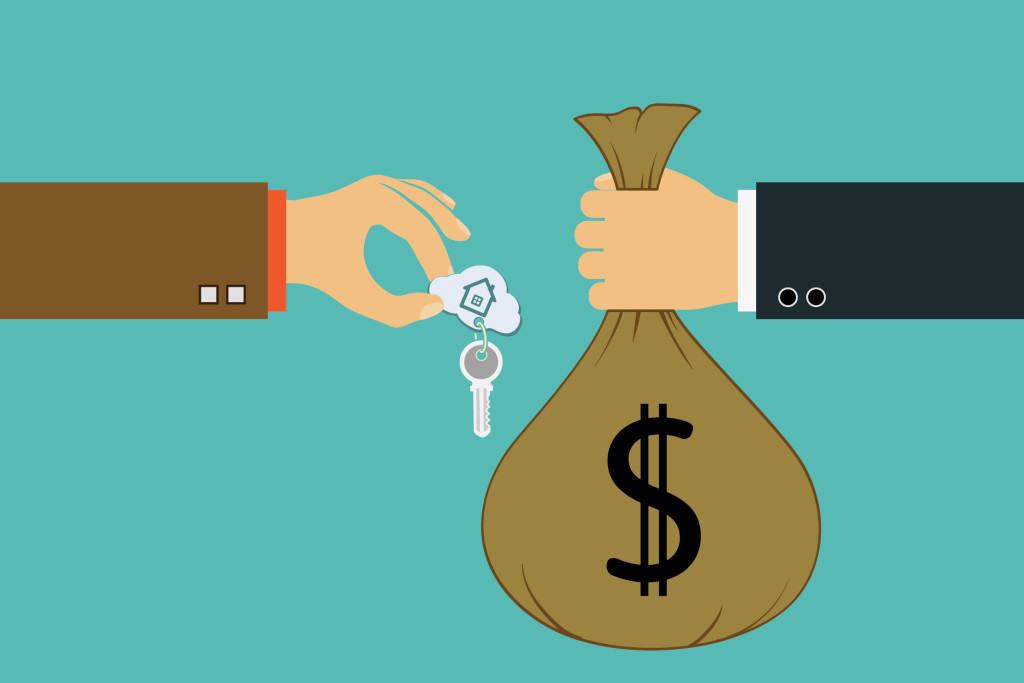
What Are Your Closing Costs When Buying or Selling a House?
The cost to buy or sell a house can be frightening if you aren’t prepared. But don’t worry. The government is here to help (these are scary words too). The CFPB Disclosure rules are supposed to take the guess work out, at least for buyers who are obtaining federally insured mortgages. Under Dodd-Frank, a buyer is receives an estimate of costs at the time of loan application and then a final statement of the actual costs 3-days prior to closing via the Closing Disclosure. The problem is that the CFPB forms are very confusing and unless the person explaining the forms to the buyer understands the forms, they are not helpful. And, the seller and cash buyers don’t get these forms.
So what will your closing costs be when buying a house? A buyer’s costs can be broken down into 4 categories:
Loan Costs – these include origination fees, underwriting fees, mortgage broker fees (over and above origination fees) credit reports, appraisal fees, tax-service fees, flood-certification, pre-paid interest and escrow (for taxes, insurance and PMI). Often, the credit report and appraisal are paid at the time of loan application while the remainder of these charges, and sometimes, others, are collected at closing. Origination fees, underwriting fees and mortgage broker fees are usually expressed as “points” or a percentage of the loan amount. These costs are always the highest of the loan expenses. Pre-paid interest is the interest which would be due from the date of closing through the end of the first month. Most loans are paid in arrears so the interest for the first month has to be paid in advance. Thereafter, the first payment is due the first day of the second month following the closing.
Title charges – these include title premium for owner’s and lender’s policies and survey. The title premium is based on the higher of the purchase price or the loan amount and is a promulgated rate in the State of Florida. So, while lenders tell borrowers that you can shop it, the price charged will be the same everywhere. A title company will charge a closing fee for handling the closing (but can not charge extra for issuing the policy). This fee varies from company to company. Under the CFPB rules, the charge is to include all costs. There should not be line items for every service provided by the title company. So buyers can expect that this number will be higher than they may have previously seen. However, they should not see multiple charges by the title company for copies, wires, couriers, processing and the like.
Governmental charges – these include recording, documentary stamps, intangible taxes and real estate taxes. Buyer will have to pay to record the deed and mortgage and perhaps some other ancillary documents required to assure that title is clear or required by the bank. While standard FAR/BAR contracts in Florida make the seller responsible for documentary stamps on the deed, the buyer is responsible for documentary stamps on the note (at the rate of $.35 per $100) and intangible tax (at the rate of $.20 per $100). Real estate taxes are due on March 1 and payable as of November 1. Therefore, if taxes have not yet been paid at the end of the year, expect that taxes will be prorated and collected so that they may be paid. Of course, buyer will be credited for seller’s share of taxes as well.
General closing charges – these include inspections, processing or administrative fee to buyer’s broker, insurance and attorney’s fees. Although the lender may be escrowing for insurance, the first year’s premium will have to be paid in advance. It can be paid outside of closing or at the closing table. The home inspection might also be paid outside of closing.
Sellers also have costs of sale. They fall into similar categories, but there aren’t usually as many line items.
Loan costs – Obviously, sellers aren’t getting a new loan. But often, they are paying off one, or more loans. This is the first reduction in amounts due to the seller. Existing mortgages must be paid off in full before anyone else gets any money.
Title charges – Sellers are usually responsible for the cost of the title search. For most house closings, this charge will run about $100-$150. Note that in Palm Beach County, the custom is that sellers pay the Owner’s premium as well. Sellers also pay the cost of the lien searches and any condo or HOA estoppels.
Governmental charges – Sellers pay documentary stamps on the deed (at the rate of $.70 per $100 of consideration for the deed. Consideration is the purchase price). In addition, sellers must pay to record any documents necessary to cure title issues showing on the title commitment not arising because of buyer and the actual cost to cure such issues.
General closing charges – Seller is responsible for brokers’ commission to all brokers and any processing or administrative fee due to the listing agent. There might also be a negotiated credit for repairs or something else. Seller will have to credit buyer for seller’s share of taxes for the year of closing and any unpaid HOA or condo assessments.
Carefully review the closing statement or closing disclosure to assure that the expenses have been accurately assessed to the proper parties. Because the CFPB closing disclosure is difficult to read, it is a good idea to work with your attorney and other professionals to help you understand.




No Comments
Sorry, the comment form is closed at this time.